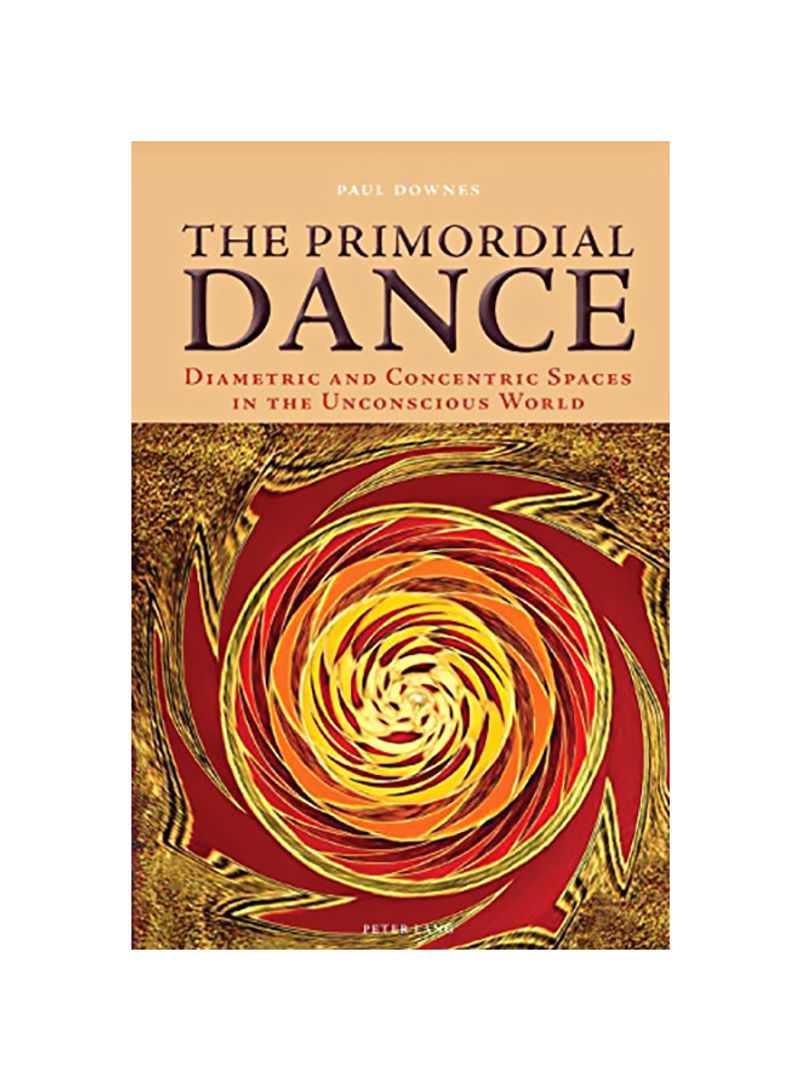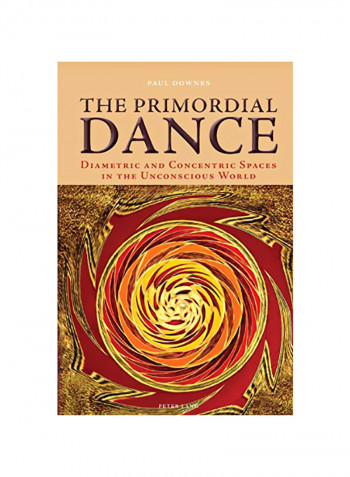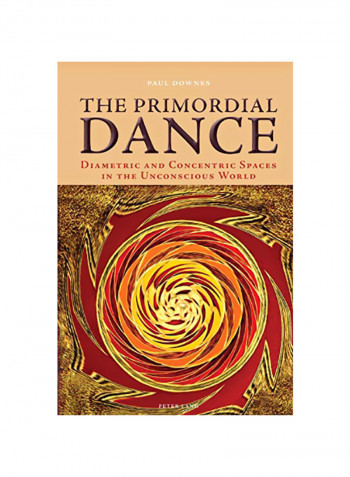The Primordial Dance: Diametric And Concentric Spaces In The Unconscious World Paperback
Recommend
Sort by
Rating
Date
Specifications
Grade
New
Author 1
Paul Downes
Book Description
This book argues that a silent axis of the unconscious world rests largely undiscovered. It recasts foundational concepts in the psychology of Freud, Jung, Carol Gilligan and R.D. Laing, as well as in cognitive science, to highlight this hidden unconscious axis: primordial spaces of diametric and concentric structures. The author generates fresh approaches to understanding the philosophy of early Heidegger and Derrida, with the idea of cross-cultural diametric and concentric spaces fuelling a radical reinterpretation of early Heidegger's transcendental project, and challenging a postmodern consensus that reduces truths and experiences to mere socially constructed playthings of culture. The book, which also examines projected structures in modernist art, suggests a systematic refashioning of many Western assumptions, but it is more than a deconstruction. It also attempts to offer a new interplay between structures and meaning, as a spatial phenomenology. This significant expansion of the boundaries of human subjectivity opens alternative pathways for imagining what it means to be human, in order to challenge the reduction of experience to instrumental reason.
ISBN-13
9783034307604
Language
English
Publisher
Peter Lang AG Internationaler Verlag der Wissenschaften
Publication Date
07 Nov 2012
Number of Pages
442
About the Author
Paul Downes is Senior Lecturer in Psychology at St Patrick's College, Dublin City University.
Editorial Review
This is a searching volume that seeks an overview of our conceptions about the nature of mind and of the inherent structure of mental life. It is an astute analysis of 'subjectivity' and a scholarly survey of historical approaches to this daunting subject. I found it intriguing reading!" (Jerome Bruner, University Professor Emeritus, New York University) "A fascinating study of unconscious space that quickens sensitive appreciation of the depths of our nature." (Michael Eigen, PhD, author of 'Contact with the Depths' and 'Feeling Matters', Associate Clinical Professor of Psychology, New York University) "Paul Downes takes us on a fascinating interdisciplinary journey en route to an explication of the primordial spatial structures that underlie and unconsciously shape all of our experiences. Readers of 'The Primordial Dance' will be richly rewarded." (Robert D. Storolow, Phd, author of 'World, Affectivity, Trauma: Heidegger and Post-Cartesian Psychoanalysis', Clinical Professor of Psychiatry, UCLA) "This wonderful book [...] is very cleverly designed based on the tension between these two forms of spatial interaction that (the author) says are going on right now [...] in the psyche of each of us today [...]. In chapter 10 he goes back to Heidegger's 'Being and Time' which informed the early chapters and does a very interesting analysis of spatiality, of our being in space according to Heidegger, and shows how one can go far beyond that, that one can do a lot more with it than Heidegger did. I think that is a very important chapter [...]. His model can really make sense of (psychosis) in a brilliant way [...] such a complex dance, such an ingenious book [...]. A fascinating read." (Professor Graham Parkes, Head of the Department of Philosophy, University College Cork) "'The Primordial Dance' offers a profound insight into our unconscious projections and the hidden unconscious axis. It should be required reading for anyone who wishes to deepen their understanding of these unconscious processes." (Professor Ivor Browne, Professor Emeritus of Psychiatry, University College Dublin) "'The Primordial Dance' is a visionary work [...] which not only presents ideas of different thinkers and both western and eastern philosophical perspectives, but creates audacious bridges between them, giving its own genuine philosophic theory. This vision does not imply restoration of Platonic essentialism, but something different, a more dynamic and inclusive system (if this term can be allowed) that provides room both for primordiality and creative motion not reduced to it. I appreciate its language, which merges philosophic argumentation/description with the poetic. I am fascinated by the scope of its knowledge and visionary insights." (Levan Gigineishvili, Associate Professor, Philosophy, Ilia State University, Georgia)



